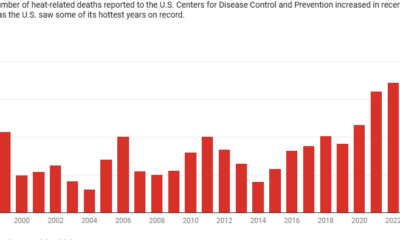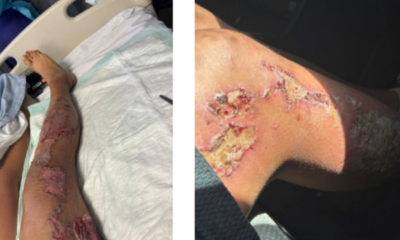Defeat is a state of mind
Essential Strategies to Control Severe Bleeding

A recent discussion highlighted the critical importance of rapid response during an arterial bleed incident, emphasizing that a person can succumb in as little as five minutes if bleeding isn’t controlled efficiently. This underscores the necessity for prompt medical intervention, especially in emergency situations.
Safety is paramount on the shooting range, according to firearms instructor Oz Johnson. He emphasizes the need for adequate assistance and safety personnel, tailored to the class size and proficiency level. Each instructor carries Individual First Aid Kits (IFKs), and larger medical kits are always within reach.
Medical preparedness extends beyond the range, with injuries possible in any setting. For those who possess firearms for self-defense, it’s vital to recognize the risks involved; conflicts can lead to injuries not just for attackers but also for defenders and bystanders.
The acronym EDC, or Everyday Carry, is crucial for anyone who regularly handles firearms. It encompasses not just the firearm itself but also essential tools like extra magazines, flashlights, pocket knives, and medical kits. A comprehensive EDC ensures readiness for unexpected situations.
Johnson advocates for universal medical training, noting that such knowledge is valuable irrespective of firearms ownership. Proper training equips individuals to stabilize a patient until professionals can take over, potentially saving lives.
This training should cover the M.A.R.C.H protocol, focusing on massive hemorrhage control, airway and respiration management, circulation, and hypothermia. Educating oneself in these areas can make a significant difference in emergency situations.
Proper use of a tourniquet is a key aspect of emergency medical training. Johnson uses practice tourniquets in his advanced courses, allowing students to apply techniques while reinforcing firearms safety principles.
Staying updated with the latest emergency medical practices is crucial. Johnson recommends refresher courses for those who haven’t trained in several years to ensure they are familiar with the latest techniques and recommendations.
On January 5th, Johnson Group Tactical will conduct a “Stop the Bleed/Dirt Medicine” class. This four-hour, hands-on training session will cover vital emergency lifesaving skills with all materials provided.
Participants are encouraged to seize this opportunity to enhance or refresh their life-saving skills. Johnson emphasizes that emergency medical knowledge is a perishable skill that requires ongoing practice.
For further information regarding the class and available resources, please consult their website. Registered participants will also receive free training modules to prepare for the upcoming session.
Healthcare and first aid training is essential. Be equipped to assist yourself, loved ones, or even others in critical situations.
For questions about this article, you can directly reach out via email.


















